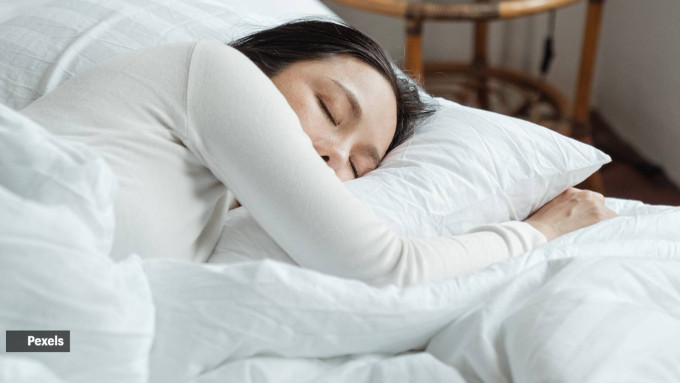Melinda Gates takes a dig at performative habits of CEOs, says minimising sleep is ‘so dumb’
Working hard can pave the way to success, but the journey doesn’t have to be unnecessarily grueling. While a healthy and disciplined lifestyle—along with proper diet, nutrition, and sleep—forms the foundation of well-being, going overboard can lead to risks.
In a recent interview with Vanity Fair, American philanthropist Melinda Gates revealed that she aims for seven to eight hours of sleep every night, and that she is not interested in perpetuating performative habits of “tireless” CEOs who glorify the idea of sleeping less. She dismissed the idea calling it “so dumb”. Talking about the men who claim to sleep only three or four hours a night, Gates said, “Some of us didn’t want to be around them! Let’s be honest!”

Curious, indianexpress.com reached out to health experts to understand the dangers associated with minimising sleep.
Health and wellness coach Mahalakshmi K said sleep deprivation and sleep disturbances have been linked to a variety of negative health outcomes, including an increased risk of hypertension, diabetes, obesity, depression, heart attack, and stroke. “After only four hours of sleep, blood pressure rises, parasympathetic tone decreases, and cortisol (stress hormone) levels and oxidative stress increase,” she said.
Adults who experience prolonged sleep deprivation face heightened mental stress, anxiety, and depressive symptoms. According to Mahalakshmi, the hippocampus is glucose and insulin sensitive, and both type I and type II diabetes have been associated with cognitive impairment and an increased risk of Alzheimer’s disease.
“Sleeping for less than ideal hours is associated with lower levels of leptin, a hormone adipose tissue produces that inhibits hunger, and higher levels of ghrelin, a peptide that increases appetite leading to obesity. It can also result in an allostatic overload, which can be detrimental for your regular health,” said Mahalakshmi.
 Adults with persistent sleep deprivation experience increased mental stress, depressive symptoms, anxiety, and alcohol usage. (Source: Pexels)
Adults with persistent sleep deprivation experience increased mental stress, depressive symptoms, anxiety, and alcohol usage. (Source: Pexels)
Dr Shreshtha Gupta, assistant professor at Safdarjung Hospital, said that sleep needs vary from person to person and that sleep is a state where the body repairs and rejuvenates itself.
How long should you ideally sleep for?
“The ideal sleeping time depends on age. It is 16-20 hours for kids, and for adults, six to eight hours of night sleep is important to maintain the circadian rhythm,” Gupta said.
Sleeping less leads to hormonal imbalance, increased cortisol levels (stress hormone) as well as impaired rapid eye movement (REM) sleep patterns. In the short term, this can lead to irritability and fatigue, while long-term effects include mood changes, stunted growth, decreased productivity, and early signs of aging.
Elaborating on the importance of having a sound REM sleep, which people enter around 2-4 AM, Dr Gupta said, “Having a complete REM sleep improves memory consolidation, emotional processing, brain development, and prepares us to be awake. REM sleep is also associated with repairing injury and a stronger immune system.”
*DISCLAIMER: This article is based on information from the public domain and/or the experts we spoke to. Always consult your health practitioner before starting any routine.*
📣 For more lifestyle news, click here to join our WhatsApp Channel and also follow us on Instagram
Disclaimer: The copyright of this article belongs to the original author. Reposting this article is solely for the purpose of information dissemination and does not constitute any investment advice. If there is any infringement, please contact us immediately. We will make corrections or deletions as necessary. Thank you.
